Journalists Still Fearful During News Gathering
 _x000D_
_x000D_
The first question posed to participants was whether they felt there had been any changes in journalism in the country since August 5. In response, 51.3% of journalists expressed support for the idea that changes had occurred, while 48.7% believed there had been no change. When asked to elaborate on these changes, a few journalists mentioned that they were not facing any obstacles and were able to work freely. Conversely, others reported encountering challenges, particularly when it came to capturing photos or videos._x000D_
_x000D_
_x000D_
_x000D_
The first question posed to participants was whether they felt there had been any changes in journalism in the country since August 5. In response, 51.3% of journalists expressed support for the idea that changes had occurred, while 48.7% believed there had been no change. When asked to elaborate on these changes, a few journalists mentioned that they were not facing any obstacles and were able to work freely. Conversely, others reported encountering challenges, particularly when it came to capturing photos or videos._x000D_
_x000D_
 _x000D_
_x000D_
Another question focused on the level of freedom journalists had in their work. Here, 58.4% stated that their freedom had improved compared to before. However, 31.2% believed that journalistic freedom remained the same, while 7.8% felt the situation had worsened. Additionally, 1.3% of journalists felt that, in some cases, there was more freedom while, in others, the situation was worse than before. Another 1.3% believed there was some freedom in certain areas._x000D_
_x000D_
_x000D_
_x000D_
Another question focused on the level of freedom journalists had in their work. Here, 58.4% stated that their freedom had improved compared to before. However, 31.2% believed that journalistic freedom remained the same, while 7.8% felt the situation had worsened. Additionally, 1.3% of journalists felt that, in some cases, there was more freedom while, in others, the situation was worse than before. Another 1.3% believed there was some freedom in certain areas._x000D_
_x000D_
 _x000D_
_x000D_
The survey also included a yes/no question asking whether journalists felt they could work independently. In response, 53.9% said they could, while 46.1% disagreed._x000D_
_x000D_
_x000D_
_x000D_
The survey also included a yes/no question asking whether journalists felt they could work independently. In response, 53.9% said they could, while 46.1% disagreed._x000D_
_x000D_
 _x000D_
_x000D_
Despite the majority of responses being positive, the results were more negative when it came to news gathering. When asked if they still felt fearful while gathering news, 55.1% of journalists said they did, while 44.9% said they did not._x000D_
_x000D_
_x000D_
_x000D_
Despite the majority of responses being positive, the results were more negative when it came to news gathering. When asked if they still felt fearful while gathering news, 55.1% of journalists said they did, while 44.9% said they did not._x000D_
_x000D_
 _x000D_
_x000D_
Regarding the publication of news, 52.6% of journalists reported not feeling anxious, while 47.4% indicated they had to think carefully before publishing, highlighting the issue of self-censorship once again._x000D_
_x000D_
_x000D_
_x000D_
Regarding the publication of news, 52.6% of journalists reported not feeling anxious, while 47.4% indicated they had to think carefully before publishing, highlighting the issue of self-censorship once again._x000D_
_x000D_
 _x000D_
_x000D_
The final question asked all participating journalists whether they saw any prospects for change in Bangladeshi journalism. A majority, 53.9%, did not see any possibility of change, while 46.1% were still hopeful._x000D_
_x000D_
Despite multiple attempts, we were unable to get a response from Mr. Md. Nahid Islam, the Adviser to the Ministry of Information and Broadcasting, and the Ministry of Posts, Telecommunications, and Information Technology, regarding the survey findings.
_x000D_
_x000D_
The final question asked all participating journalists whether they saw any prospects for change in Bangladeshi journalism. A majority, 53.9%, did not see any possibility of change, while 46.1% were still hopeful._x000D_
_x000D_
Despite multiple attempts, we were unable to get a response from Mr. Md. Nahid Islam, the Adviser to the Ministry of Information and Broadcasting, and the Ministry of Posts, Telecommunications, and Information Technology, regarding the survey findings.

-
Previous Post
Controversial Former Prothom Alo Correspondent Now Jugantor’s Brahmanbaria Correspondent
-
Next Post
Fugitive Pinto, Chaos in DBC Newsroom
You May Also Like
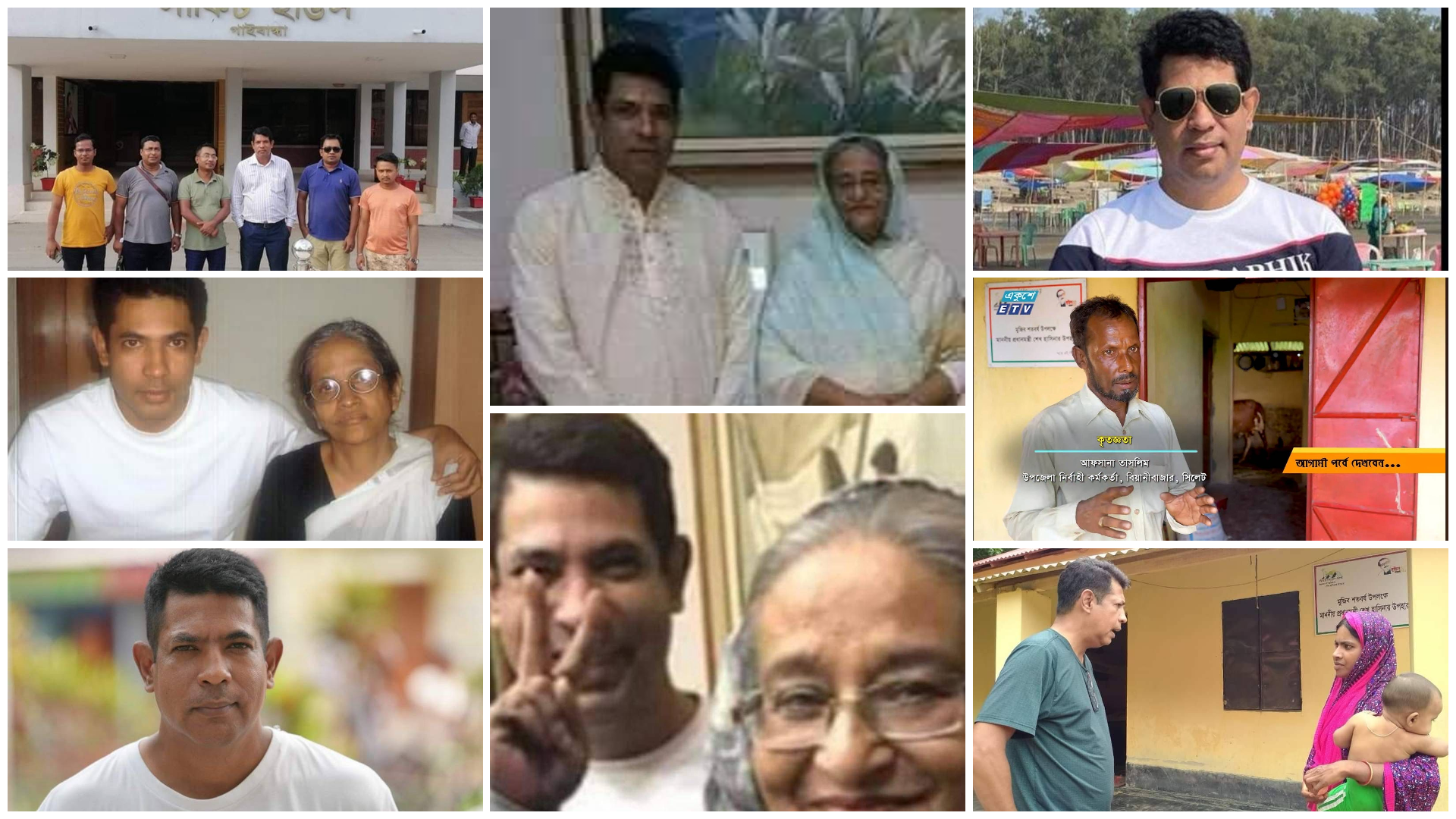
Ovi’s Scandalous Financial Corruption Under Sheikh Hasina’s Shadow
sources claim that only a fraction of the allocated funds was actually spent on these substandard productions.

The Dark Chapter of TCB Product Corruption Inside Ekushey Television
This report delves into the shadowy corruption involving TCB goods within Ekushey Television, implicating individuals ranging from senior journalists to office assistants.
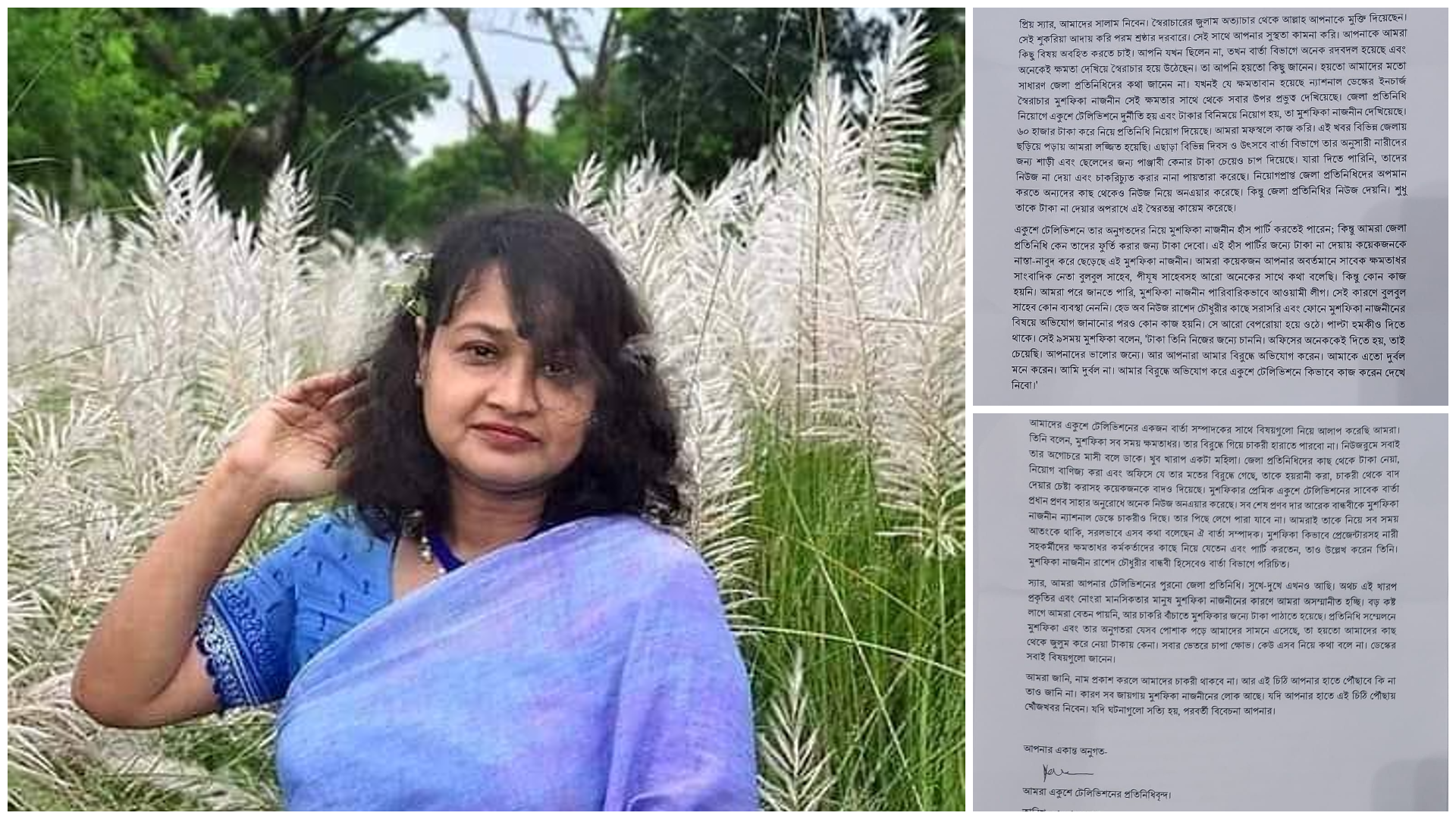
ETV Journalist Leader Allegedly Creates Fear Among Staff
The allegations against Ahmed Mushfiq Nazneen raise serious concerns about workplace ethics and organizational integrity within ETV.

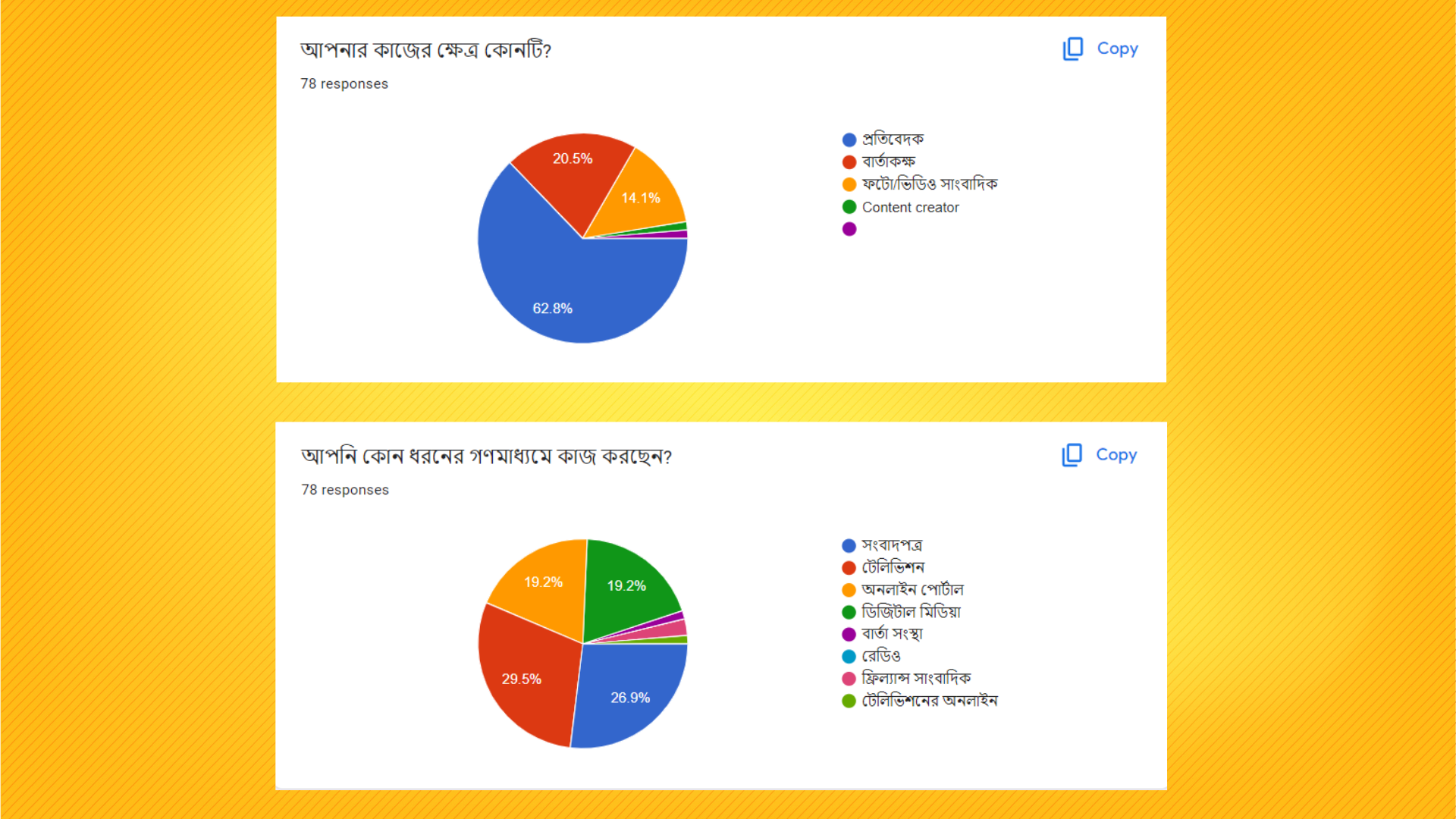


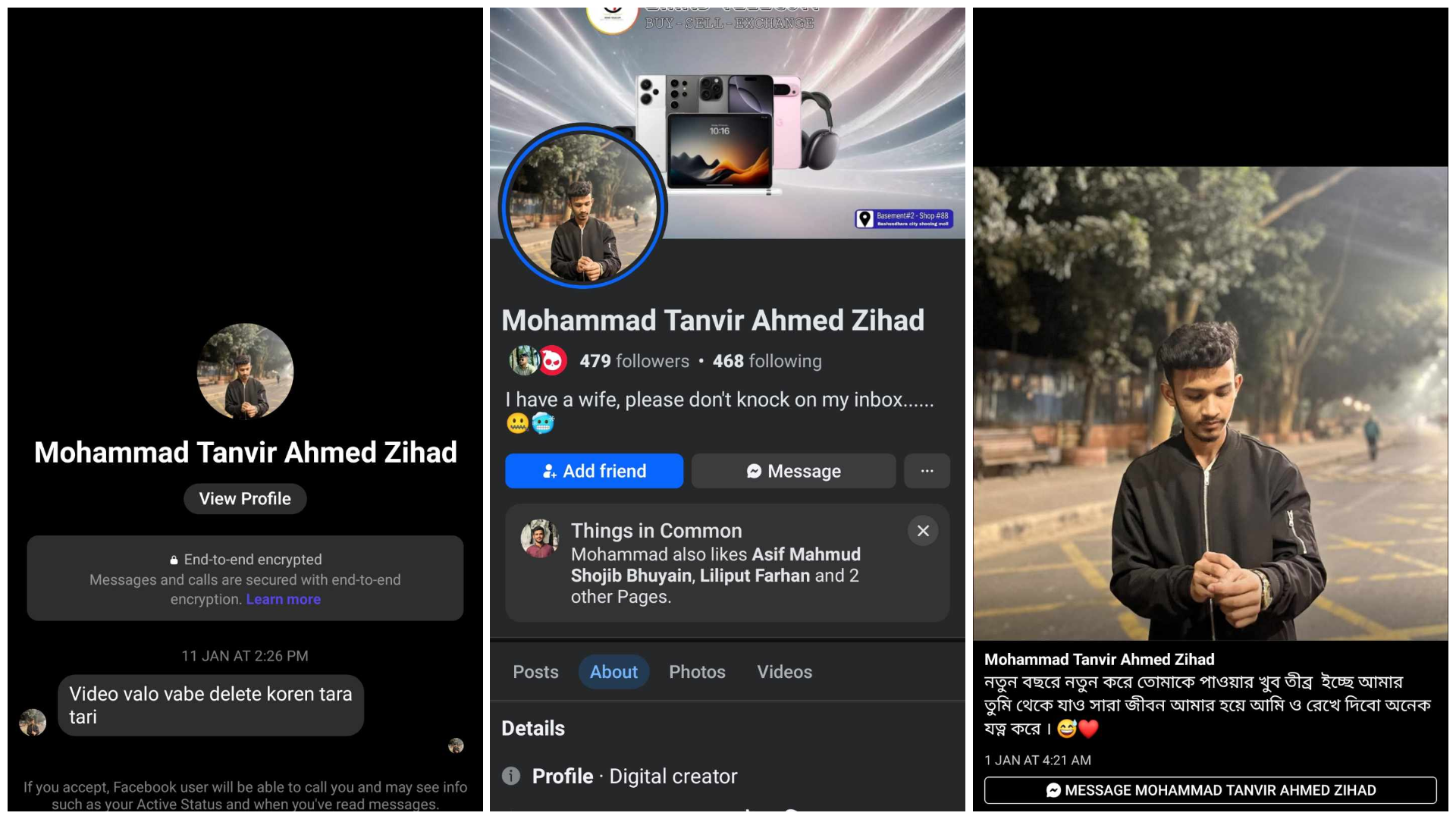
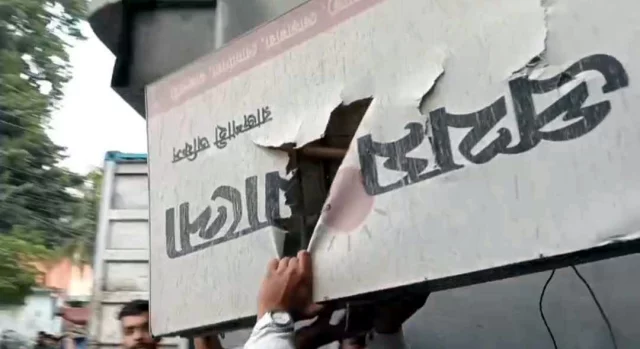
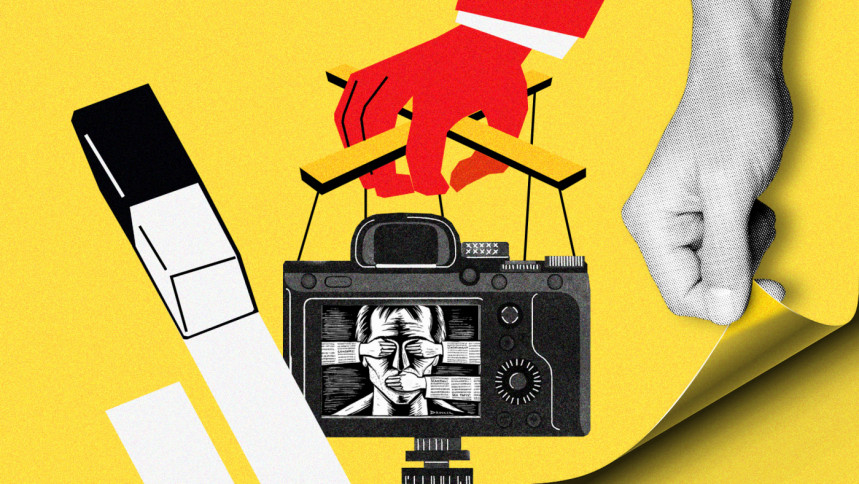
Two Comments